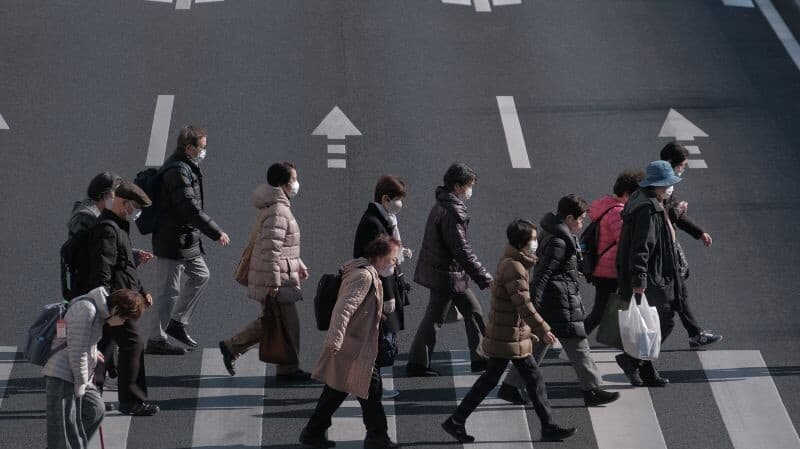
How adult diapers are changing Japan's economy
What's the story
When it comes to the aging population, Japan comes to mind, considering it has one of the highest life expectancies in the world. But behind this health marvel is a tale of neglect and abandonment of the elderly, and this ill-boding reminder is particularly seen in the demand for adult diapers. The demand has grown so much that Japanese diaper makers are opting to produce diapers exclusively for older adults rather than infant diapers.
Market trends
Rising global demand for adult diapers
According to Euromonitor International, the global market value for adult diapers was $12.8 billion in 2023 and is projected to reach nearly $15.5 billion by 2026. Specifically, in Japan, the adult diaper market was valued at $1.7 billion in 2023 and is expected to grow to $1.9 billion by 2026, accounting for over 12% of the global total.
Business adaptation
Japanese companies adapt to aging population
Adjusting to this demographic shift is Japanese manufacturer Oji Holdings, which announced in March that it would stop producing baby diapers for the Japanese market later this year, shifting its focus to adult incontinence products. However, it will continue to operate its overseas baby diaper business, as combined baby diaper sales in China, Indonesia, and Malaysia have increased despite a slowing domestic market.
Senior-focused products
Other Japanese firms catering to senior citizens
Other Japanese companies, such as electronics giant Panasonic and kitchen appliance manufacturer Zojirushi, are also adjusting to the demographic shift. Panasonic has been researching and developing products aimed at the older population since 1990. Meanwhile, Zojirushi is offering product features for older folks, such as electric teapots that send an email to a registered address when in use, allowing families to monitor their elderly family members' activities. Overall, adult diaper sales have exceeded infant diaper sales since 2011 in Japan.
Government measures
Japan's response to aging population crisis
While the demand for adult diapers has upped (which necessarily isn't a good thing), the same can't be said for infant diapers. Data show only 758,631 babies were born in Japan in 2023, a 5.1% decrease from the year before. Unfortunately, Japan is not alone in this maelstrom. Fertility rates have also declined in Hong Kong, Singapore, Taiwan, and South Korea, the last of which has the world's lowest birth rate.
Other countries
Asian countries will have highest elderly population
As of September 2023, over 10% of Japan's population is aged 80 or older, according to the World Economic Forum, and this figure is expected to shrink a quarter by 2060. Globally, six Asian countries or territories will have the highest share of individuals aged 65 or older by 2050, with Hong Kong at the top of the list. By 2100, Africa is anticipated to be the only region where senior citizens make up less than 15% of the population.